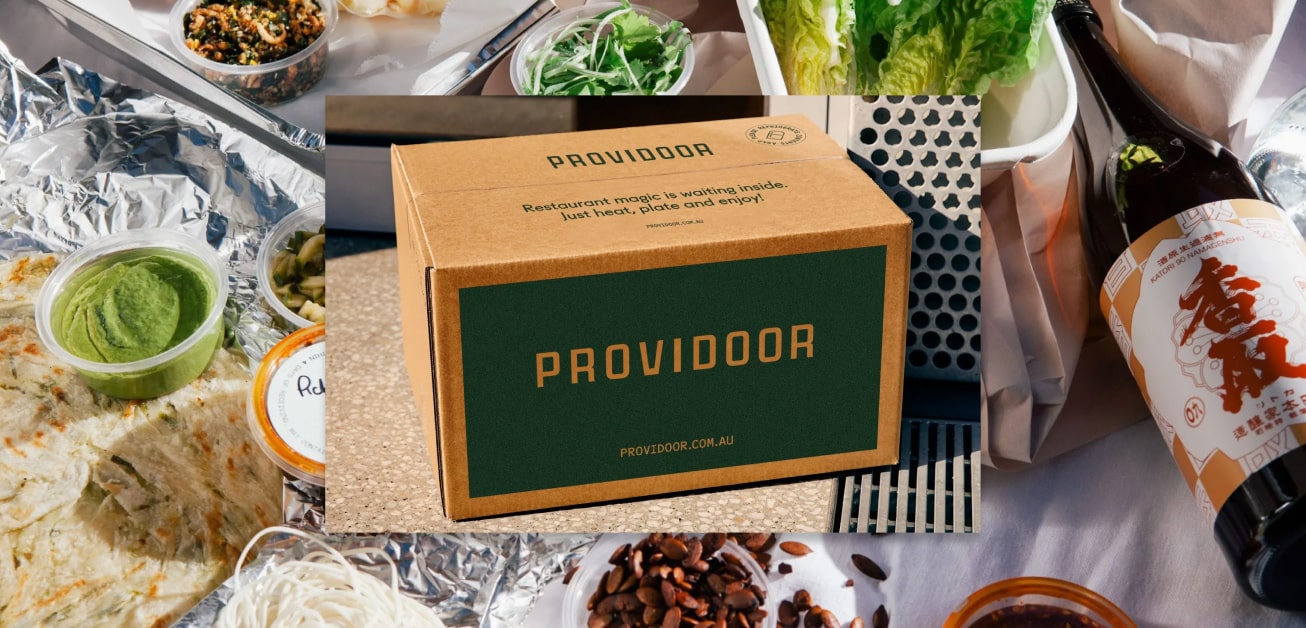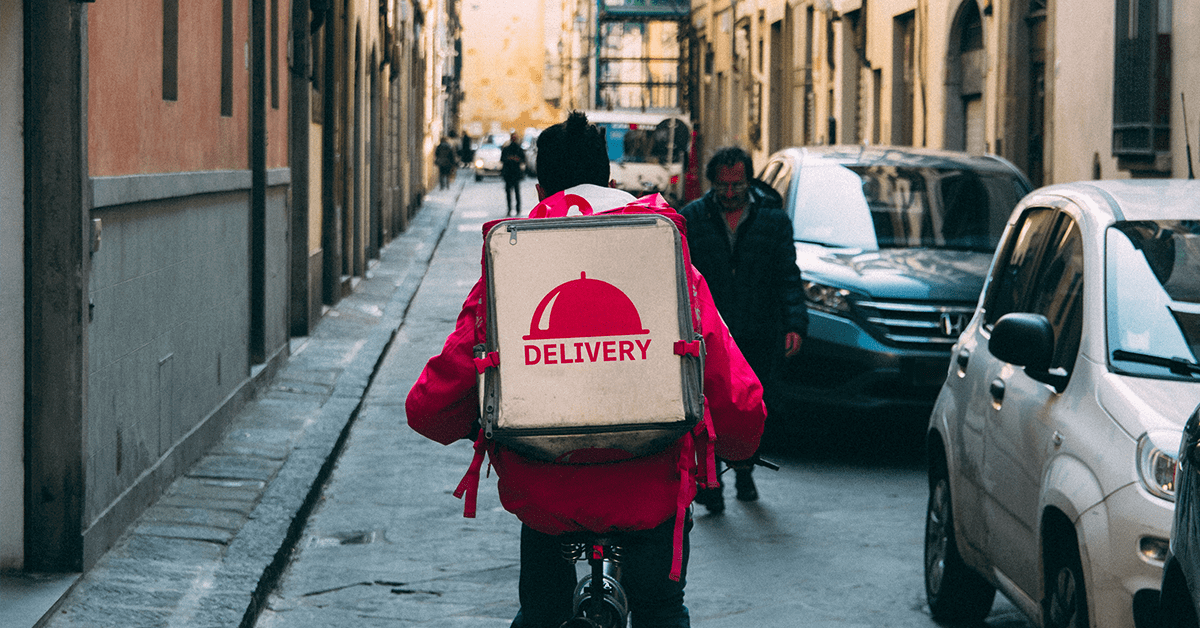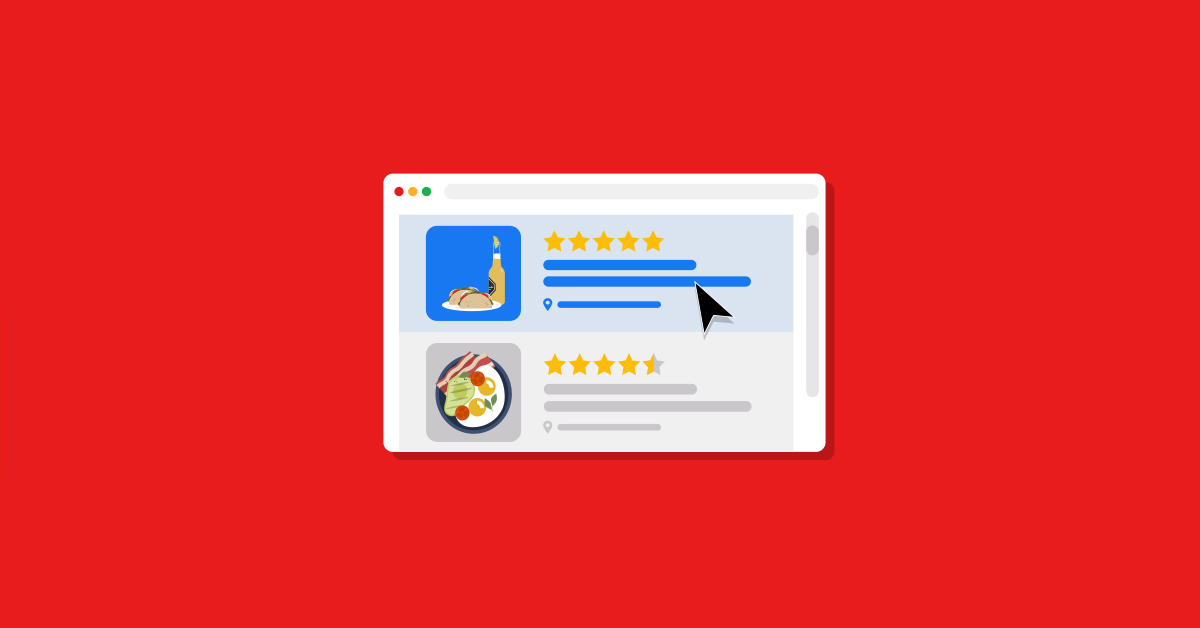
Less than six months after the departure of Deliveroo from the Australian market, another delivery giant, Providoor, announced it was entering liquidation, immediately ceasing operations in Australia.
While the announcement was another shock for many in the hospitality industry, it’s not necessarily a surprise, given the current economic climate and recent collapse of other delivery providers.
In light of Providoor’s announcement, we take a look at what this means for hospitality businesses and if this signals a change in customer behaviour or simply reflects the current state of the industry.
Providoor: a quick recap
Providoor quickly shot into Australia’s collective consciousness in mid-2020 as a response to the Covid pandemic wreaking havoc on hospitality businesses.
Founded by restauranteur and celebrity chef Shane Delia, Providoor provided an online marketplace for high-end restaurants and food suppliers.
“I created Providoor during lockdown when the hospitality world was in disarray, and we needed to find a way to survive. Providoor meant we could secure and create jobs as well as give people a little bit of restaurant joy during a pretty dismal time.” – Shane Delia.
Premium restaurant delivery
Counting Bondi’s Icebergs and Restaurant Hubert amongst some of its high-profile operators, Providoor delivered premium restaurant experiences to people’s homes throughout the pandemic.
Even after lockdowns eased, there was still demand for Providoors services. However, the current economic climate has led to the company’s shock closure.
“When people kept using Providoor after social restrictions were lifted, it showed us that it was a really good idea. I just wish it had been given the opportunity to work through the challenging economic conditions, the same facing so many in the restaurant and hospitality sector right now.” – Shane Delia.
The rise and fall of Providoor
Like many Covid startups, Providoor experienced rapid success, starting in Melbourne and expanding to Sydney, Canberra and Brisbane.
Providoor positioned itself as a high-end alternative to mainstream delivery apps like UberEats, delivering premium finish-at-home meals from a diverse range of Australia’s most renowned restaurants.
The restaurants on Providoor aimed to empower customers to recreate the unique restaurant experience from the comfort of their homes. Unlike mainstream delivery apps, Providoor restaurants pre-prepared dishes and ingredients that needed to be finished or heated up at home to ensure meals were fresh and unspoiled during delivery.
Many restaurants also went above and beyond to ensure customers could recreate the dine-in experience at home. Restaurant Hubert, for example, included candles, drinks coasters and a QR code that linked to a Spotify playlist to set the mood for their delivery dinners.
Providoor’s quick expansion from Melbourne to several other capital cities proved there was a huge appetite for something more than an average takeaway – customers were craving premium-quality restaurant experiences at home.
“We served more than one million meals and built something that made a difference during some very dark days.” – Shane Delia.
One of many
Like Providoor, several tech start-ups that launched and flourished during the pandemic have also recently collapsed, including delivery apps MilkRun, CoLab and YourGrocer, which focused on delivering groceries and ready-made meals to customers during Covid lockdowns.
On the surface, it seems evident that these businesses have run their course. While there was a dire need for grocery delivery apps during lockdowns, the demand for such services has waned in the wake of the pandemic as people returned to their everyday lives.
Demand for restaurant delivery remains high
Unlike MilkRun, CoLab and YourGrocer, Providoor offered a different delivery service, more akin to UberEats, connecting restaurants to customers.
In contrast to the delivery apps that failed to compete in a post-Covid market, UberEats has fared considerably well since the lockdowns ended, earning a 26% market in Australia. By comparison, its nearest competitors, DoorDash and Menulog, each hold a 19% market share, respectively.
According to Statista, in 2023, 3.6 million Australians will use a third-party platform to order food for delivery. This is predicted to jump to 4 million in 2024, an increase of 11%.
With the third-party restaurant delivery sector set for growth in the coming year, why did it go so wrong for Providoor?
A victim of circumstance
Unfortunately, like many in the industry right now, Providoor felt the knock-on effects of rising interest rates and inflation.
In a recent study, 92% of Australians reported a noticeable increase in the cost of living in the past six months, which inevitably impacts discretionary spending.
Melbourne Business School Professor, Hugh Williams, explains how the current economic climate has significantly impacted businesses like Providoor.
“Australians are really looking at the choices that they’re making and are being more conservative in those choices.”
“If you’re selling a discretionary product like Providoor – high-end meals from speciality restaurants – I think probably you’re feeling the squeeze of inflation and higher interest rates.”
Professor Williams also believes that Providoor was simply a victim of current circumstances rather than a business that wasn’t popular or viable.
“I don’t think there’s anything structurally wrong with a company like Providoor. I just think it’s a very tough place to be right now in this part of the economic cycle if you haven’t got the balance sheet.”
What does this mean for the industry?
The collapse of another delivery company is troubling for the industry, with over 50 restaurants impacted by Providoor’s closure. Like Deliveroo’s collapse, it again shines a light on the future of delivery and changing customer dining habits in Australia.
While the pool of potential delivery partners is shrinking, decreasing competition and potentially leading to higher commissions and fees for restaurants, the outlook isn’t all doom and gloom.
Recent data shows that customers largely favour ordering directly from a restaurant for delivery, cutting out the middleman and putting more profit in the restaurant’s pocket.
Throughout 2023 it’s estimated that 5.67 million Australians will order directly from a restaurant for delivery, compared with 3.63 million ordering via a third-party delivery platform. The number of Aussies ordering delivery from restaurants is set to jump to 6.34 million in 2024, an increase of 11.8%.
These numbers indicate that consumer appetite for online food delivery remains high, despite cost of living pressures. While direct restaurant-to-customer delivery is the most popular choice among consumers, demand for third-party delivery apps is also set for growth in the coming year.
For restaurants impacted by the collapse of Providoor, there are still several delivery partner options for your venue. Lightspeed Delivery, for example, lets you sync your POS with Australia’s leading delivery platforms, Uber Eats, Menulog and Doordash. You don’t have to worry about managing multiple platforms, as all orders from these partners will sync straight to your POS, just like a dine-in order.

News you care about. Tips you can use.
Everything your business needs to grow, delivered straight to your inbox.



